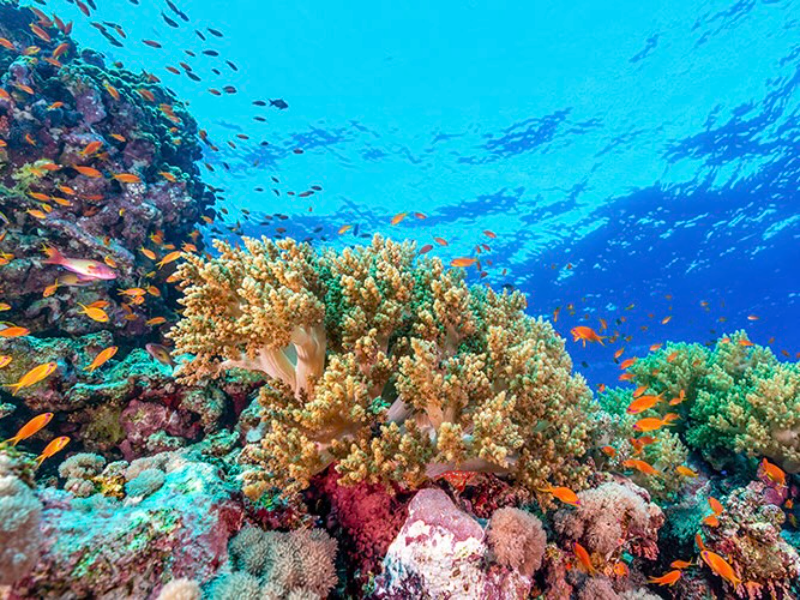- Google is utilising advanced AI technologies to monitor and analyse coral reefs, identifying early signs of bleaching and disease to enable rapid conservation efforts.
- The initiative includes developing predictive models to forecast reef responses to environmental stressors, aiding in the creation of effective conservation strategies.
- This project is a collaboration between Google, marine biologists, and conservation organisations, combining technological expertise with scientific research to protect and restore vital marine ecosystems.
OUR TAKE
Google’s initiative to leverage AI for coral reef conservation is a promising development in environmental protection. By combining cutting-edge technology with scientific expertise, this project has the potential to make significant strides in preserving these vital marine ecosystems. It’s a powerful example of how tech innovation can be harnessed to address critical ecological challenges and ensure a sustainable future for our oceans.
–Coco Zhang, BTW reporter
Google has announced an ambitious initiative leveraging artificial intelligence (AI) to aid in the preservation and restoration of the world’s coral reefs.
AI-driven coral monitoring
Coral reefs, often referred to as the “rainforests of the sea,” are critical to marine biodiversity. They provide habitat for approximately 25% of all marine species, protect coastlines from erosion, and support fishing and tourism industries. However, these vital ecosystems are under threat from rising sea temperatures, ocean acidification, pollution, and destructive fishing practices. The loss of coral reefs could have devastating impacts on marine life and human communities alike.
In collaboration with marine biologists and conservation organisations, Google is deploying advanced AI technologies to monitor, analyse, and protect coral reefs. The project utilises machine learning algorithms to process vast amounts of data collected from underwater drones, satellite imagery, and environmental sensors. This data includes high-resolution images and videos of coral reefs, water quality metrics, and temperature readings.
One of the key components of Google’s initiative is the development of a sophisticated coral mapping system. Using AI, the system can identify and classify different types of coral and track changes in reef health over time. This technology allows scientists to detect early signs of coral bleaching and disease, enabling more rapid and targeted conservation efforts.
Also read: Google’s Gemini AI powers Opera’s Aria
Predictive environmental models
Additionally, Google is working on predictive models to forecast how reefs will respond to various environmental stressors. These models can help policymakers and conservationists devise more effective strategies for protecting and restoring coral ecosystems. For example, the AI can predict which areas are most likely to experience bleaching events, allowing for preemptive measures such as shading or cooling the water.
“We are excited about the potential of AI to contribute to coral reef conservation,” said a Google spokesperson. “By harnessing the power of AI, we can gain deeper insights into the complex dynamics of coral ecosystems and take more proactive steps to protect them.”
This initiative builds on Google’s previous environmental projects, such as Project Sunroof, which uses AI to promote solar energy adoption, and the Environmental Insights Explorer, which provides cities with data to reduce their carbon footprints. The coral reef project exemplifies how technology can play a crucial role in addressing some of the planet’s most pressing environmental challenges.
Also read: 5 crucial facts from Sasha Luccioni about AI and the environment
Collaborative effort
Marine biologists and conservationists have welcomed Google’s involvement, noting that the tech giant’s resources and expertise in AI could significantly accelerate reef conservation efforts. However, they also emphasise the importance of continued funding, policy support, and public awareness to ensure the long-term success of these initiatives.
As the world grapples with the impacts of climate change, innovative solutions like Google’s AI-driven coral reef project offer a glimmer of hope for the future of our oceans. By combining cutting-edge technology with scientific research and conservation efforts, there is a renewed possibility of preserving these underwater treasures for generations to come.

